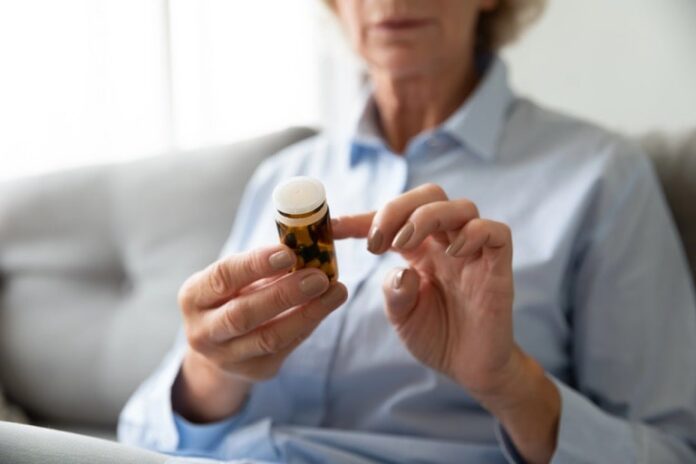As women age, their nutritional needs change, and getting the right women’s vitamins becomes crucial for maintaining overall well-being. Proper vitamin intake can help support bone health, cognitive function, and energy levels, all of which are vital to enjoying an active lifestyle in your later years.
While a balanced diet is important, many older women need additional supplementation to ensure they get the nutrients they need. This article will explore the best vitamins that older women should consider to help meet their health goals and maintain vitality.
What Key Nutrients Do Older Women Need?
As women get older, certain nutrients become even more important for maintaining their health. Key vitamins and minerals like calcium, vitamin D, vitamin B12, and magnesium are essential to sustaining your bones, cognitive function, and overall well-being.
Calcium and vitamin D work together to maintain bone density, reducing the risk of fractures and osteoporosis. Vitamin B12 helps support energy levels and cognitive function, while magnesium is crucial for muscle function and heart health. Iron, while vital for younger women, may need to be monitored in older women due to changes in menstruation and absorption.
Additionally, antioxidants like vitamins A and C help support skin health and immune function. Older women may find that they need more of these nutrients than before, and the best way to ensure adequate intake is through a balanced diet or supplements.
What Is Vitamin D?
Vitamin D plays an important role in the health of older women, particularly in maintaining strong bones. As women age, their bodies become less efficient at producing vitamin D from sunlight, which can lead to deficiencies. This vitamin helps the body absorb calcium, making it critical for preventing osteoporosis.
Vitamin D also supports your immune system, reducing your risk of infections and chronic diseases. Inadequate vitamin D levels can contribute to muscle weakness, increased fall risk, and even mood disorders like depression.
Older women are at a higher risk for deficiency, especially if they spend limited time outdoors or have darker skin, which can affect vitamin D production. It’s often recommended that older women take a daily vitamin D supplement, especially during the winter months when sunlight is less available.
What Is Calcium?
Calcium is another essential nutrient for older women, once again for bone health. As women get older, they become more susceptible to osteoporosis, which makes bones weak and brittle. Calcium helps strengthen these bones and reduces the risk of fractures.
After menopause, the body’s ability to absorb calcium decreases. That means it’s especially important for older women to ensure they get enough calcium in their diet. The recommended daily intake of calcium for women over 50 is typically around 1,200 mg, but individual needs may vary.
Good dietary sources of calcium include dairy products, leafy green vegetables, and fortified foods. However, many older women may struggle to get enough calcium from food alone and may require supplements.
What Is Vitamin B12?
Vitamin B12 helps maintain healthy nerve function and produce red blood cells. Older women’s ability to absorb vitamin B12 from food often decreases due to lower stomach acid production, which makes supplementation a viable option.
Deficiencies in vitamin B12 can lead to symptoms such as fatigue, memory problems, and even depression. Vitamin B12 is often found in animal-based products such as meat, fish, eggs, and dairy, but older women may not consume enough of these foods.
Vegetarians and vegans are particularly at risk for B12 deficiency. Inadequate levels of vitamin B12 can also interfere with folate metabolism, leading to further issues.
As a result, many older women opt for B12 supplements, which are available in various forms, including tablets, liquid, and dissolvable options. A typical daily dose is around 2.4 mcg, though higher doses may be recommended if a deficiency is identified.
Essential Vitamins Every Older Woman Should Know
Maintaining proper nutrition is non-negotiable for older women. Key vitamins like vitamin D, calcium, and B12 can help support bone strength, muscle function, and brain health. Consulting with a healthcare provider about specific needs ensures that older women receive the nutrients they need for a happy, healthy lifestyle.




